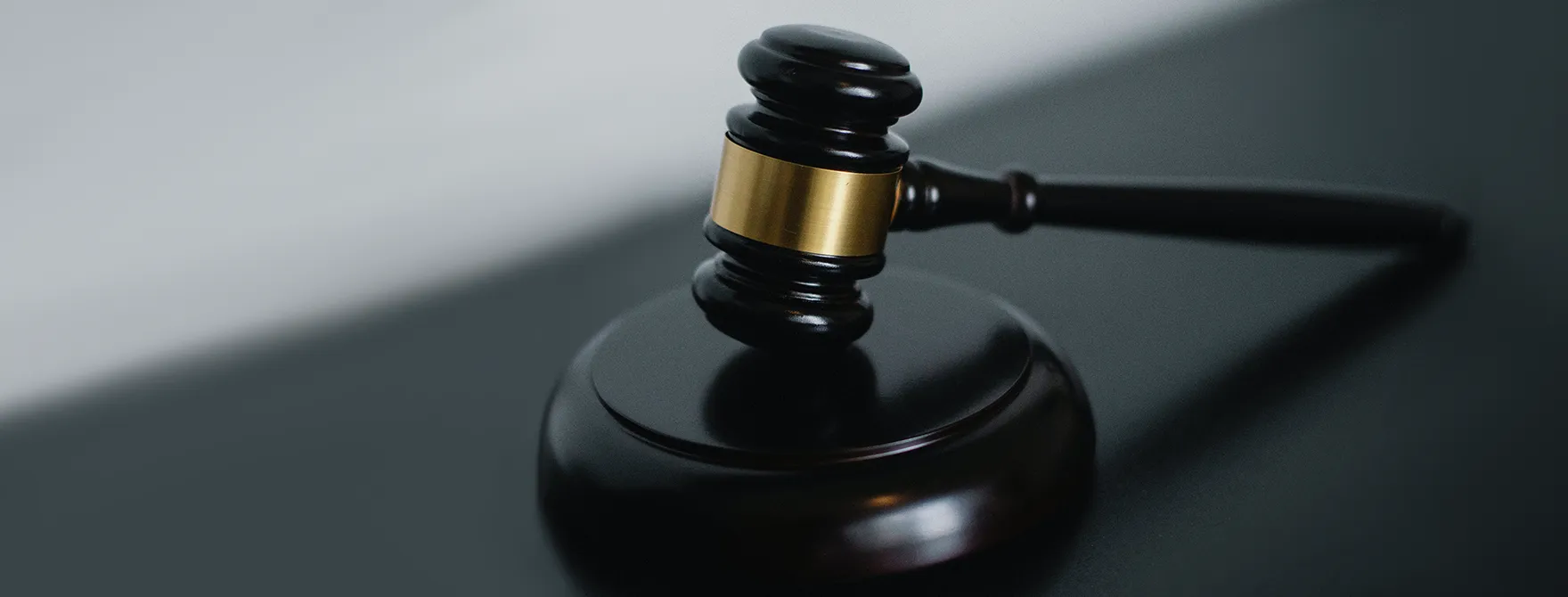
Juvenile Delinquency Defense Attorneys in Pennsylvania
Facing criminal charges of any kind can be stressful for both the accused and their family. This is especially true in cases of juvenile delinquency. As a parent or guardian of a child, you care deeply and want to protect your child. It’s important for you to know that your child has rights under the law. The attorneys at Cornerstone Law Firm will work to protect those rights and strive to get a good outcome for your child. Call us today to set up a consultation.
What is Juvenile Delinquency?
Juvenile delinquency refers to minors (individuals that are under the age of 18) that have allegedly participated in illegal activities or behaviors that would be considered criminal offenses if committed by an adult. A child can be charged in the juvenile justice system if they are between the ages of 10 and 18. If a youth offender is 15 or older and is charged with a violent or serious crime, they may be tried as an adult in adult criminal court.
Youth offenders have many of the same rights as adult offenders. They have the right to a trial or hearing, the right to file pre-trial motions, and the right to an attorney. Unlike adult criminal court, juveniles do not have the right to a jury trial. Instead, a Family Court judge will hear the case and determine what measures should be taken. Juvenile courts aim to rehabilitate youth offenders and will often offer first-time offender programs for youth charged with minor offenses.
Common Juvenile Delinquency Charges
Almost any crime can be charged in juvenile courts. Some of the most common offenses that juveniles are charged with include:
- Assault
- Disturbing the peace
- DUI
- Harassment
- Possession of drugs or alcohol
- Possession of stolen property
- Possession of weapons
- Shoplifting or theft
- Trespassing
- Underage drinking
- Using a fake ID
- Vandalism
More severe crimes, like rape, murder, or crimes committed with a deadly weapon, will be automatically transferred to adult criminal court. This can lead to felony charges and several years to life in prison.
Do you need a juvenile delinquency defense attorney?
If your child or grandchild is facing delinquency charges, they need legal representation. Juvenile charges can follow your child into adulthood and have adverse effects on their future. They may have a difficult time getting into college, finding employment in certain fields, obtaining loans, and joining the military. Depending on the charges, they may also have higher rates of car insurance or a loss or suspension of their driver’s license.
A criminal defense attorney, like the ones at Cornerstone Law Firm, can work to have charges dropped or lowered, can petition for records to be expunged, and can protect the rights of your child. If you are the parent or guardian of a minor facing delinquent charges, contact us today.


Youth Offender Programs in Pennsylvania
Because the juvenile justice system is focused on rehabilitation, there are a number of programs available to youth offenders to help them avoid having a criminal record. These programs vary by jurisdiction, but most counties in Pennsylvania offer at least one of the following:
- Diversion Programs—A diversion program is often community-based. It may include teen courts, community conferencing, or neighborhood youth panels. Diversion programs emphasize community involvement to educate youth offenders, provide opportunities for restitution, and work together with families to prevent the youth from entering the juvenile court system.
- Informal Adjustment—Informal adjustments are when a probation officer meets with the youth and their family to create a set of conditions for the youth to follow. The probation officer will monitor the youth for up to 6 months, with the option to extend it by 3 additional months. Conditions often include paying court costs and restitution, participating in school activities, employment, or sports, attending counseling for substance abuse, and drug testing. If the youth is able to meet conditions for the duration, formal charges may not be filed.
- Consent Decree—A consent decree is a program offered to youth offenders that can last for up to 6 months, with the option to extend it for an additional 6 months. The probation department will supervise the youth to ensure they meet conditions like: community service, abiding by curfew, maintaining grades of a certain level in school, and participating in school programs. The youth may also be required to attend mental health or substance abuse counseling. Upon successful completion, charges will be dismissed, and the case may be petitioned for expungement.
Some counties may offer even more programs for youth offenders. The overall goal is to educate youth and provide them with important skills to avoid future offenses.
Expungement
In some cases, juvenile offenders may be eligible for expungement. Expunging a criminal record will either erase or seal the record from public view. This means that any future employers, colleges, landlords, or others seeking to perform a background check on your child will not see the juvenile record. Not every case is eligible for expungement, but those who are may have better opportunities for education, employment, and housing after the process is complete.
If you would like to file a Motion for Expungement petition, contact the attorneys at Cornerstone Law Firm. We can help you build your child’s petition and file it with the Court of Common Pleas. Give us a call today to set up a consultation.
Call Cornerstone Law Firm to defend your child today.
Your child has the right to legal representation. The juvenile defense attorneys at Cornerstone Law Firm will work to protect your child’s rights and defend them against juvenile delinquency charges. Call us today to set up a consultation.
